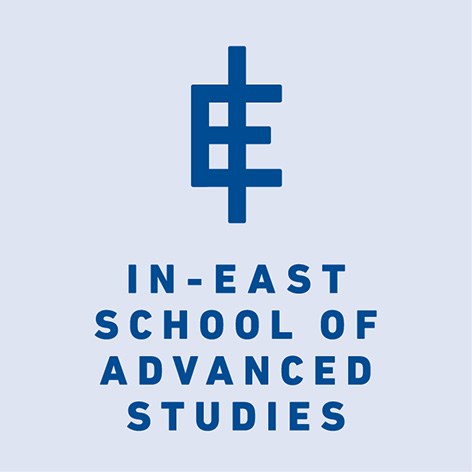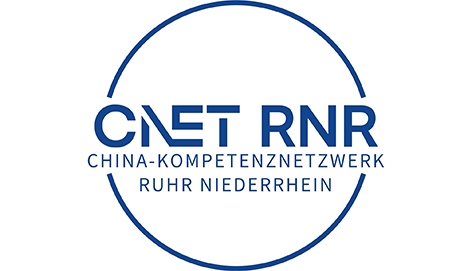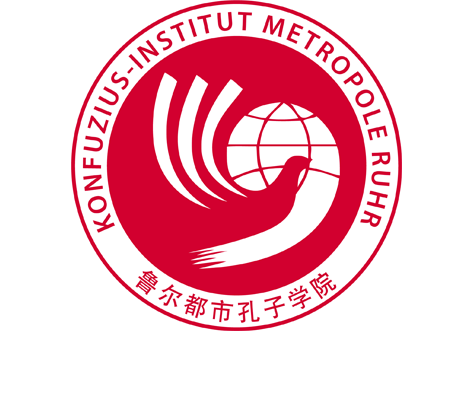1st Funding Period (2013–2017)
IN-EAST School of Advanced Studies
on Innovation in East Asia
► IN-EAST School ► Grant Applicants and Board ► 1st Funding Period
Research Agenda
The IN-EAST School of Advanced Studies’ research agenda takes the embeddedness of innovation processes in society as a whole as its general focus of interest, with particular emphasis on the interdependent topics of electro-mobility and urban systems. All research activities take East Asia (China, Japan, Korea) as the subject of their analysis, but provide interfaces for international comparisons and comparative research agendas.
Innovation is understood as a social phenomenon which not only encompasses the technological dimension but which must also be embedded in specific ‘social technologies’ that create innovation-inducing environments and promote the diffusion of new technological solutions in the socio-economic system in order to succeed.
The starting point for the research is therefore the transdisciplinary literature on the institutional foundations of national, regional, sectoral and technological innovation regimes. These specific institutions can be interpreted as ‘capital goods’ determining the productivity of individual and social innovation efforts. But as these embedding institutions exist in specific national cultures and follow different cultural, political and technological path dependencies, innovation in general must be understood as a process that is very much determined by national and cultural idiosyncrasies.
Based on this understanding, we believe that systematic collaboration between different disciplines and area studies can generate significant advances in our knowledge of innovation in general and the parameters of national, regional, sectoral and technological competitiveness in particular.
Organization of Research
Our research is organised around research groups, a well-established concept in the natural sciences but still new to social sciences.
The IN-EAST School of Advanced Studies has six research groups, each consisting of one Junior Professor / Postdoctoral Researcher and two PhD students. Each group works on one specific aspect of the research agenda.
Communication and sharing of ideas, results and insights between the groups are facilitated by a series of workshops and joint events and by a team of mentors from the University of Duisburg-Essen and leading international institutions.
These mentors will act as PhD supervisors in their respective faculties and provide advice and support for specific research activities. They also build intellectual bridges between the research groups and work being conducted on meta-topics in order to create coherence within the research agenda as a whole.
Methodological Focus
Another important aim of the IN-EAST School of Advanced Studies is to introduce promising methodological approaches from the social and economic disciplines into area studies.
All our research agendas are linked to institutional(ist) approaches within their respective disciplines. In the field of economics, the focus is on behavioral economics in general and experimental economics in particular.
The methodological cornerstone of research based on the political sciences is the process tracing approach, while in sociology, the emergence school is a key focus of our research agendas.
BMBF: Internationalisierung von Wissenschaft und Forschung
Der globale Wettbewerb bringt besondere Herausforderungen für das Wissenschafts- und Innovationssystem in Deutschland mit sich. Die Bedeutung von fundiertem Wissen über andere Weltregionen wächst, geistes- und sozialwissenschaftliche Expertise ist gefragt. Die Bundesregierung begegnet dieser Nachfrage mit ihrer Strategie zur Internationalisierung von Wissenschaft und Forschung.
Mit dem Förderschwerpunkt „Stärkung und Weiterentwicklung der Regionalstudien (Area Studies)“knüpft das BMBF an die Internationalisierungsstrategie der Bundesregierung und die Empfehlungen des Wissenschaftsrates zu den Regionalstudien an. Durch eine erste Förderlinie 2009/10 wurden innovative Formen der universitätsübergreifenden Zusammenarbeit der Regionalstudien untereinander vorangebracht. Ziel der zweiten Förderlinie 2012/13 ist die Förderung inneruniversitärer Strukturbildung und Vernetzung. Im Fokus stehen die Kooperation der Regionalstudien mit den systematischen Disziplinen oder der Regionalstudien untereinander sowie die inhaltliche und methodische Weiterentwicklung der Regionalstudien. Zusammen mit seinen Schwesterprojekten möchte die IN-EAST School of Advanced Studies hierzu einen Beitrag leisten.
BMBF-Projekte der zweiten Förderlinie
Bayreuth Academy of Advanced African Studies
Universität Bayreuth
www.bayreuth-academy.uni-bayreuth.de
Die Amerikas als Verflechtungsraum
Universität Bielefeld
www.uni-bielefeld.de/cias/entangled_americas
IN-EAST School of Advanced Studies
Universität Duisburg-Essen
www.uni-due.de/in-east/school
Africa’s Asian Options (AFRASO)
Universität Frankfurt
www.afraso.org
CETREN – Transregional Research Network
Universität Göttingen
https://www.uni-goettingen.de/en/cetren+-+transregional+research+network/590633.html
Centrum für Nah- und Mitteloststudien (CNMS)
Universität Marburg
www.uni-marburg.de/cnms
Brochure · Broschüre (2013–2017)
The IN-EAST School of Advanced Studies at a glance (2013–2017).
funded by

Final Conference 2017 – Innovation in East Asia
Concluding the first funding period
of theIN-EAST School of Advanced Studies

► Further information
The Six Research Groups (2013–2017)

Research Group 1 Innovation and the Chinese Economy
Research Group Leader:
Jun.Prof. Dr. Shuanping Dai
PhD students:
Aleksandra Davydova
Yang Liu

Research Group 2 Political Innovation in East Asian Cities
Research Group Leader:
Dr. Momoyo Hüstebeck
PhD students:
Youngah Guahk
Weijing Le

Research Group 3 Institutional Innovations in East Asian Energy Markets
Research Group Leader:
Dr. Paul J. Scalise
PhD students:
Julia Aristova
Xiaoli Lin

Research Group 4
Urban Systems
in East Asia
Research Group Leader:
Dr. Beate Löffler
PhD students:
Katharina Borgmann
Deirdre Sneep

Research Group 5 Behavioral Economics and East Asia
Research Group Leader:
Dr. Timo Heinrich
PhD students:
Alexander Haering
Guanzhong Yang

Research Group 6
E-mobility
in Asia and Europe
Research Group Leader:
Dr. Roman Bartnik (until Oct. 2016)
Dr. Yuanyuan Zhang (Jan.–Mar. 2017)
PhD students:
Nicole Schleiffer
Mira Schüller











